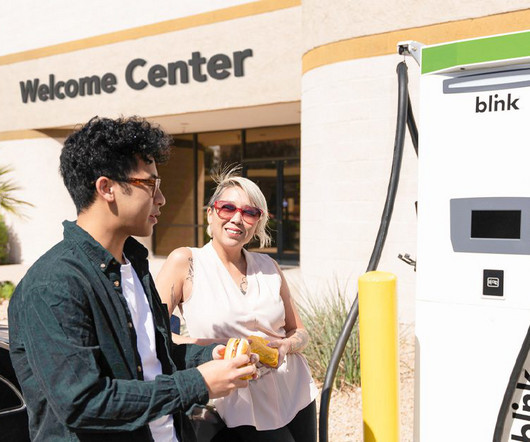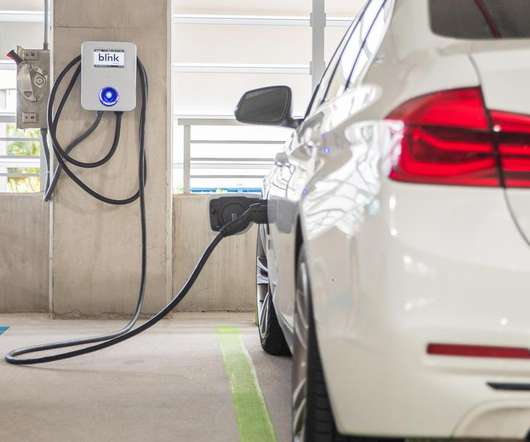How Truck Stops and Convenience Stores Can Benefit from Holiday EV Travel
Blink Charging
DECEMBER 14, 2023
Electric vehicle ownership is increasing, and that means more EVs on the road and more demand for charging services. What do the placement of electric vehicle charging stations mean for truck stops and roadside convenience store owners? The American Automobile Association (AAA) predicts that 115.2











Let's personalize your content